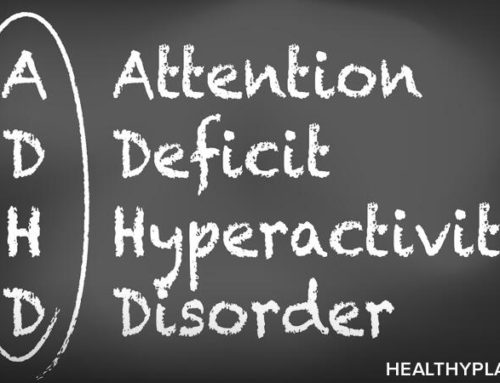People with ADHD have been identified as having what we call “executive functioning deficits,” or inefficiencies in the “thinking” functions of the brain. People with these deficits often have a harder time with certain tasks, such as those that take a long time, are difficult, and are not constantly rewarding or reinforcing. A recent large-scale brain imaging study published in The Lancet, identified several differences in the brains of people diagnosed with Attention-Deficit-Hyperactivity-Disorder (ADHD). In fact, five different brain regions were found to be involved. Specifically, smaller volumes of the accumbens, amygdala, caudate, hippocampus, putamen, and intracranial areas were found in those with ADHD when compared with controls.
Researchers from 23 centers in nine different countries scanned the brains of people between the ages of four to 63 years old, 1,713 with ADHD and 1,529 without. Data showed that those with ADHD had slightly smaller brains overall, and that there was a slight reduction in size in five of seven specific brain regions. These differences were found to be more pronounced in children. These brain differences in people with ADHD confirm that it is a valid diagnosis, and the problems experienced by those with ADHD are genuine. For those who struggle with ADHD, or have children who struggle with ADHD, this information is not at all surprising. Nevertheless, it can be vindicating to actually see the evidence.





